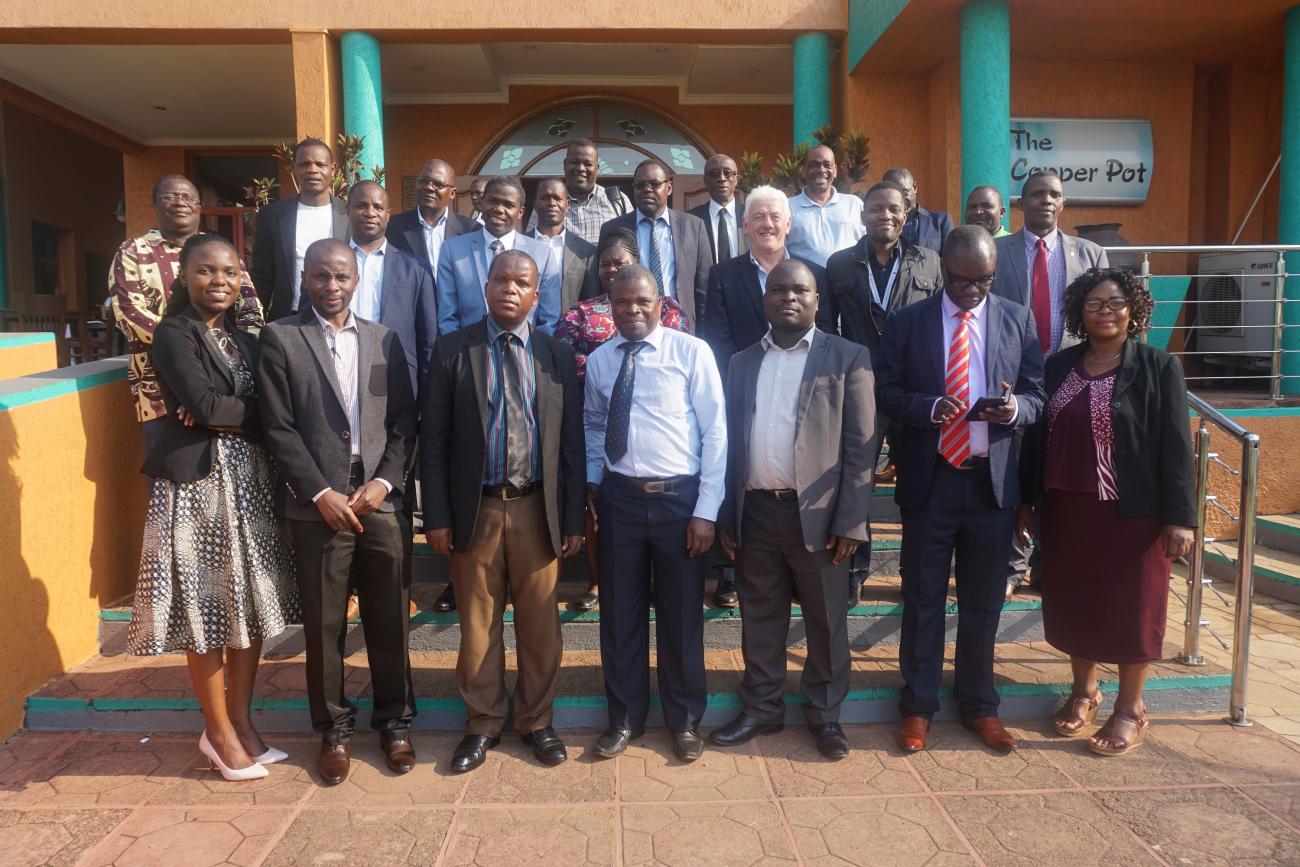The United Nations Educational, Scientific and Cultural Organization (UNESCO) with financial support from the European Union (EU) is supporting the Malawi Government to develop a National Qualifications Framework (NQF).
A National Qualifications Framework (NQF) is an instrument used for the development and classification of qualifications according to a set of criteria for levels of learning achieved (source: Organisation for Economic Co-operation and Development).
As part of the process, representatives from the education sector across the country participated in a workshop from October 1st to 3rd in Lilongwe. The development process is being championed by the Directorate of Inspection and Advisory Services under the Ministry of Education Science and Technology (MoEST).
The NQF for Malawi will align with the Southern African Development Community Qualifications Framework. Thus, it will enable Malawians to have their education qualifications easily recognized across the region; both by companies and educational institutions.
In addition, the NQF will allow an easier transition between different education systems and levels within Malawi. For example, the NQF will provide formal recognition of TEVET certificates, and will make it easier for a TEVET graduate to enter into the university system and vice-versa.
Overall, the NQF aims to improve access and inclusion in education and training and improve education and training links with industry. The development of an NQF will help reform the education sector to become more coherent, uniform and transparent.
According to MoEST Inspector of Schools and Colleges in the Directorate of Inspection and Advisory Services (DIAS), Jennings Matalabanda Kayira, experts were developing the level descriptors (guidelines) for various sections of the education sector.
He said the level descriptors are for the Higher Education, General Education (standard one to A Levels) and TEVET.
“The development workshop held in Lilongwe had three objectives; the first was to inform the participants about their membership in the Technical Advisory Groups (TAGs), the second was to orient them about their new roles, and the third was to start developing the level descriptors of the NQF”, Kayira stated.
He added, “As we are in the process of developing the National Qualifications Framework, there are structures that have been put in place. At the moment, two structures have been approved, these are; the NQF Steering Committee and Technical Advisory Groups (TAGs).”
The NQF Steering Committee will be the policy making body and its main role is to give direction on the development and implementation of the NQF while the TAGs will be advising on the technical areas.
Kayira said that five TAGs have been constituted and these are: TEVET, general education, higher education, qualifications and quality assurance, and coordinating committee.
Some of the organizations that participated in the three-day workshop are: Catholic University of Malawi, University of Malawi, Malawi Institute of Education, Institute for Chartered Accountants in Malawi, Christian Health Association of Malawi, Malawi National Examinations Board, the Ministry of Education, Science and Technology, Employers Consultative Association of Malawi, TEVETA. Others include the Malawi Accountants Board, Independent Schools Association of Malawi, Mzuzu University, representatives of early childhood development, primary education, and secondary education. Additional bodies participating included Department of Human Resources in the Office of the President and Cabinet, the Ministry of Labour, Skills and Innovation, private and public technical colleges and the National Council for Higher Education.
The initiative is supported through the Skills and Technical Education Programme, an initiative funded by the European Union and partially implemented by UNESCO.




